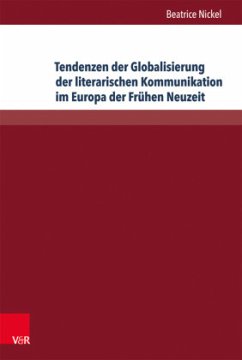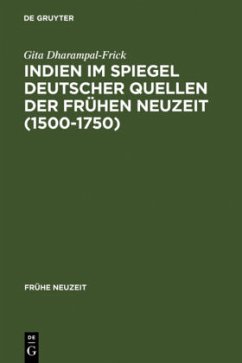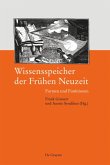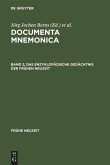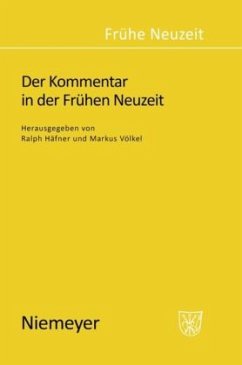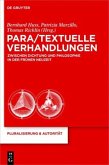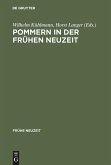Die Globalisierung im Sinne einer archäologischen Sichtung beginnt mit Prozessen wie Tendenzen zur Internationalisierung der europäischen Literatur, die sich sowohl in formal-ästhetischer wie auch in inhaltlicher Hinsicht manifestieren. Auch wenn schon in der Frühen Neuzeit globale kulturelle Transferprozesse verzeichnet werden können, so findet der Kulturtransfer primär innerhalb Europas statt. Nichtsdestoweniger können wir von Tendenzen der Globalisierung sprechen. Dies zeigt die komparatistische Studie anhand von Diskurstypen, Gattungen und Motiven auf.
Nowadays the term 'globalization' is used as a keyword to describe and to explain worldwide interchanges in the realms of economy, culture, world views etc which could have positive or negative effects. The origins of globalization are usually located in the 19th century because European politics (imperialism), economics and culture became dominant throughout the world during that century. However, there are important tendencies which allow us to trace the origins of globalization back to at least Early Modern Times or even to the Late Middle Ages. From this point of view literature is an important and promising object of research. It is true that in Renaissance Europe processes of cultural transfer are usually confined to exchanges between European nations and traditions. However, we have to take into account tendencies of globalization. The present study analyses these tendencies from a comparative perspective on the basis of dominant forms of discourse (e.g. Petrarchism), literary genres (for example the sonnet) and - last but not least - themes (for example the myth of Romeo and Juliet).
Nowadays the term 'globalization' is used as a keyword to describe and to explain worldwide interchanges in the realms of economy, culture, world views etc which could have positive or negative effects. The origins of globalization are usually located in the 19th century because European politics (imperialism), economics and culture became dominant throughout the world during that century. However, there are important tendencies which allow us to trace the origins of globalization back to at least Early Modern Times or even to the Late Middle Ages. From this point of view literature is an important and promising object of research. It is true that in Renaissance Europe processes of cultural transfer are usually confined to exchanges between European nations and traditions. However, we have to take into account tendencies of globalization. The present study analyses these tendencies from a comparative perspective on the basis of dominant forms of discourse (e.g. Petrarchism), literary genres (for example the sonnet) and - last but not least - themes (for example the myth of Romeo and Juliet).

